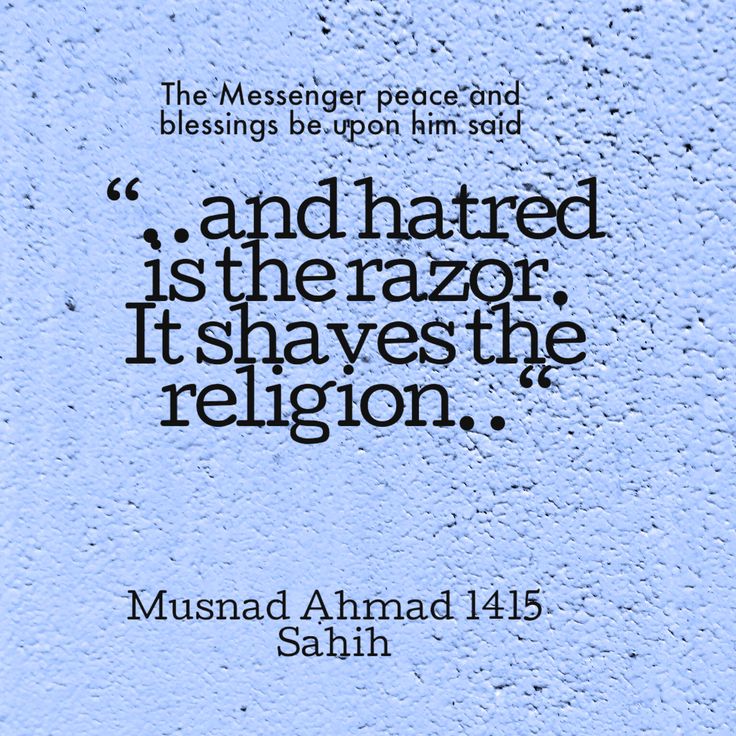In the Bahá’í Faith, the teachings of Bahá’u’lláh shed light on the profound issues of enmity and hatred among individuals. His wisdom purports that in an environment permeated by animosity, irreligion is preferable to a faith that fosters discord.
This compelling assertion invites a multifaceted examination of the implications of enmity on spiritual and social dynamics, the intrinsic responsibilities entailed in religious adherence, and how the tenets of Bahá’í Faith advocate for unity and love among humanity. The adherence to Bahá’í principles is thus not merely a spiritual pursuit, but a commitment to fostering harmony.
The Nature of Enmity and Its Epidemic Consequences
Enmity and hatred are debilitating forces that corrode the essence of human relationships. Throughout history, such sentiments have incited conflict, resulting in wars, social fragmentation, and the breakdown of communities. Bahá’u’lláh articulates that a faith or belief system that perpetuates these negative feelings becomes problematic. The divisive nature of a religion affiliated with enmity precludes its intrinsic value and undermines the overarching objectives of spiritual evolution.
In contrast, irreligion, in its disengagement from such fervent hostilities, may allow for a flourishing of goodwill. While this may sound paradoxical, it underscores the central tenet that the ethical and moral dimensions of faith are paramount. Bahá’u’lláh emphasizes that if one can embody justice, compassion, and love without affiliation to an organized religion steeped in hatred, it may be more advantageous for the individual and society at large.
Re-examining Faith Through the Lens of Love
Bahá’u’lláh’s teachings are unequivocal: the essence of religion is love and unity. A faith characterized by enmity stands in stark contrast to the divine attributes of God, as illustrated in Bahá’í writings. Essential to this discourse is the realization that true religious practice should cultivate an atmosphere conducive to understanding and cooperation. When enmity breaches this sanctity, it necessitates a reevaluation of one’s religious bearings.
This perspective dovetails with the concept of social responsibility inherent in Bahá’í teachings. Mutual respect and dignity are fundamental. The very act of embracing these principles fosters an environment that transcends petty grievances and cultivates a collective aspiration toward the common good. Individuals are thus called to reflect not merely on personal behavior but also on the broader implications of the beliefs they espouse.
The Role of Spiritual Education
The tenets of Bahá’í Faith encompass a commitment to education—both personal and collective. Spiritual education serves as a bulwark against the corrosive agents of enmity. By cultivating an understanding of differing cultures, perspectives, and beliefs, individuals can harmonize their understanding of humanity’s shared aspirations. The Bahá’í Faith encourages dialogue, facilitating the exchange of ideas that bind rather than divide.
Through structured educational initiatives, the Bahá’í community seeks to eradicate ignorance, one of the roots of enmity. The call for knowledge and wisdom resonates with the universal imperative of promoting peace and goodwill. Furthermore, an educated populace can discern the nuances of religious plurality and the importance of nurturing relationships that traverse beyond the confines of superficial differences.
Developing a Culture of Peace
Central to Bahá’u’lláh’s vision is a culture of peace, one that advocates for the reclamation of shared humanity amidst adversity. If enmity rekindles divisions, the task of the believer becomes evident: to promote peace actively. This requires fostering environments where individuals—regardless of their affiliations—can gather in mutual respect and empathy.
Events that bring together diverse communities, the commemoration of humanitarian endeavors, and the affirmation of collective goals constitute essential methods of nourishing this culture. Engaging in acts of service and charity reinforces the understanding that true spirituality manifests through tangible actions that alleviate suffering and promote understanding. In such environments, any form of enmity finds itself antithetical to the guiding principles of the collective ethos.
Reflection and Personal Accountability
A pivotal aspect of Bahá’í teachings is the call for personal reflection and accountability. Individuals are urged to introspectively analyze their emotions and reactions in the face of discord. Bahá’u’lláh implores adherents to examine the roots of their animosities and biases, not merely to foster personal growth but to contribute to the collective well-being of society. By confronting one’s triggers of hatred, a pathway is paved to transcend these feelings, illuminating the path of love and creation.
It is essential to cultivate an internal environment conducive to nurturing divine attributes such as patience, forgiveness, and love. Such virtues become the bedrock for actualizing one’s spiritual potential and manifesting a life imbued with purpose as aligned with the teachings of Bahá’u’lláh.
The Ultimate Purpose of Religion
Ultimately, the purpose of religion is to foster a society imbued with love, harmony, and understanding. Bahá’u’lláh’s teachings remind followers that enmity cannot coexist with spirituality. If enmity and hatred exist, it signals an urgent call to reassess the values that motivate one’s beliefs and actions. Irreligion may indeed serve as a preferable alternative when faith nurtures divisive forces. The Bahá’í perspective compels individuals to choose love and unity, reflecting the transformative power of genuine faith—a faith that elevates humanity as a whole.
